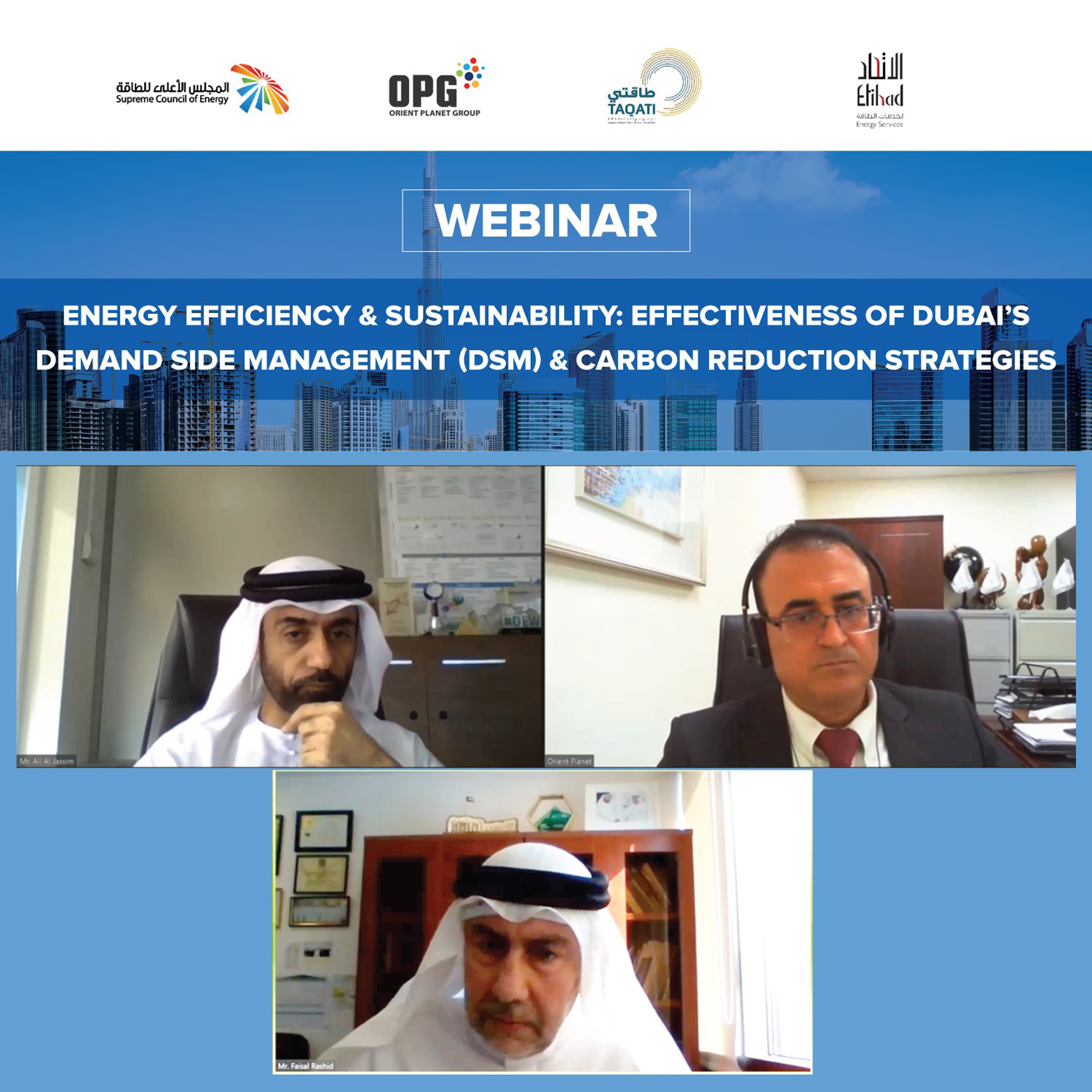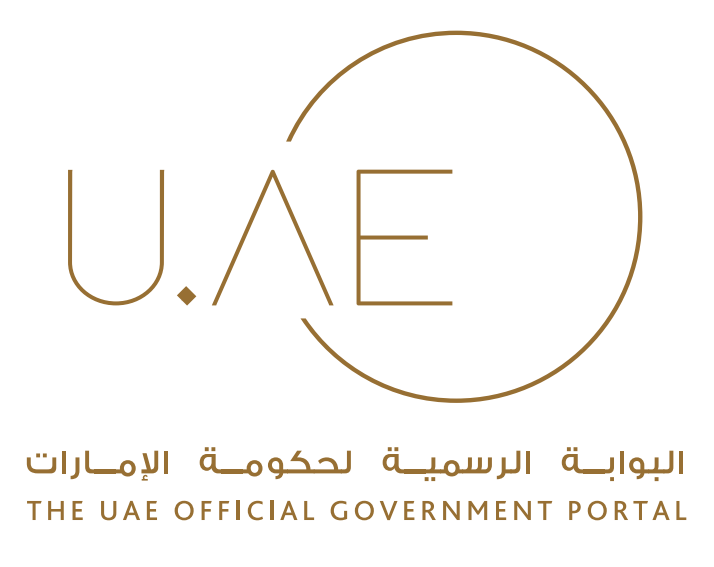The Dubai Supreme Council of Energy and Etihad Energy Services Company (Etihad ESCO) conducted an online webinar on energy sustainability in Dubai. The webinar also discussed Dubai’s vision to drive economic growth through reliable, clean, efficient and secure energy supply and usage.
“The collaborative efforts of multiple government and private organisations combine to achieve the vision of His Highness Sheikh Mohammed bin Rashid Al Maktoum, Vice President and Prime Minister of the UAE and Ruler of Dubai, the Dubai Green Mobility Strategy 2030, and the Dubai Demand Side Management Strategy (DSM) 2030, which aims to reduce the demand for electricity and water by 30% by 2030. The Council works on 11 DSM programmes including the Green Building Code; building retrofits to increase energy efficiency; outdoor lighting and efficient cooling. The updated Dubai Integrated Energy Strategy 2030 has strengthened the roadmap and scale of previous programmes. It has also integrated Dubai’s vision with the Integrated Water Resources Management Strategy and the Green Mobility Initiative. The updated DSM Strategy 2030 includes new programmes such as Fuel & Engine Efficiency, Efficient Mobility and Smart Charging, Recycled & Ground Water Demand Management, and Consumer Behaviour,” said HE Saeed Mohammed Al Tayer, Vice Chairman of the Dubai Supreme Council of Energy.
“The Dubai Clean Energy Strategy 2050 will decisively decarbonise the energy mix, reduce the use of fossil fuels in the energy sector by more than 30% compared to the business as usual (BAU) scenario. The strategy will also increase the share of renewable energy to 25% by 2030, and to 75% by 2050. The Council collaborates with major partners in the public and private sector. It also relies on an established governance model to update saving target and monitor progress, to meet Dubai’s ambition in diversifying its energy resources,” said Faisal Ali Rashid, Senior Director of Demand Side Management at Dubai Supreme Council of Energy, during the webinar.
“Etihad ESCO continues to support Dubai’s vision to become one of the most sustainable cities in the world through successful implementation of retrofitting and solar projects across the Emirate. Since 2011, the implementation of DSM programmes has resulted in AED 6.6 billion savings in operational costs and capital investments, with reduction of 10.3 million metric tonnes of CO2. These numbers indicate that we are on the right track to achieve 30% reduction in energy consumption by 2030,” said Ali Al Jassim, CEO of Etihad Energy Services and Chairman of Emirates Green Building Council, during the webinar.
“Dubai has set a dynamic strategic direction to achieve savings in power and water consumption. The Emirate’s efforts to become a role model to the world in energy security and efficiency through the adoption of prudent strategies and policies have achieved tremendous success. Dubai has set an example for the region and the world,” said Nidal Abou Zaki, Managing Director of Orient Planet Group, the moderator of the session.









 For an optimal experience please
For an optimal experience please